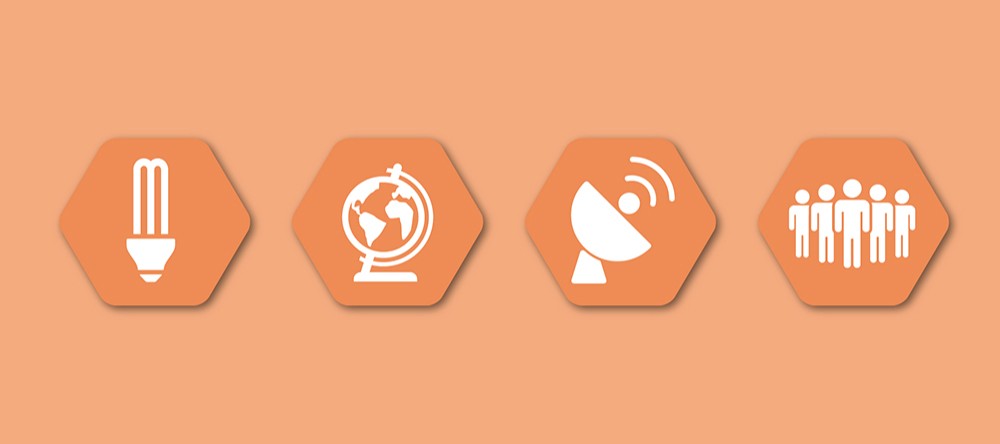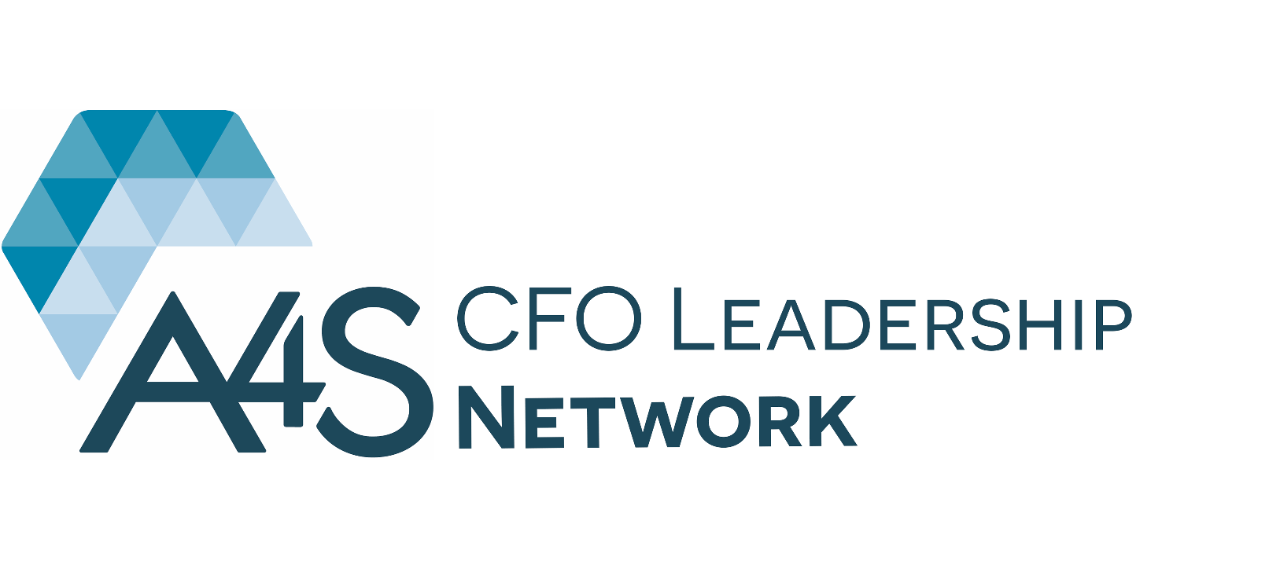What does sustainability mean for finance?
This blog was written by Andrew Bonfield, CFO, National Grid, for Deloitte's Next Generation CFO Workshops, where Andrew spoke in his capacity as Co-Chair of the A4S CFO Leadership Network.
Why are sustainability drivers important for business?
The drive for sustainable business practices is the result of a decade which hasn’t seen business at its best. In the last ten years we have experienced a financial crisis from which we haven’t fully recovered; the standard of living hasn’t improved for many and there is a perception that the 1%, often thought to be comprised of business, are immune to the impact. Events like the Deepwater Horizon and reports of tax evasion by large organizations have meant organizations are increasingly under scrutiny, and transparency and accountability have become central to survival.
For me, sustainability has come to mean leaving behind a business in better shape than I inherited. Did I do the right thing? Did I create the best business I could? Did I positively impact the culture and practices? As a CFO, my value is in doing the right thing for the long term, but in businesses today, thinking and decision making is often grounded in the immediate.
Sustainability requires considering the long term.
At National Grid, we work in an infrastructure that was created in the 1960s whilst the industry is future focused, constantly evolving, moving away from traditional energy sources and exploring alternatives. We had thought that by 2020 the UK would reach 10GW of solar energy, but that was reached in 2016 - progress has been much faster than we expected. As a result, we have to adapt more quickly and reconsider our legacy, embedding sustainability at every level of our infrastructure and creating tangible, long term targets for every part of our business.
What does this mean for finance?
The short term vs long term nexus is a difficult one to manage. The shelf life of a CFO is short, and geopolitical and economic uncertainty makes it a challenge to think long term. However, it is only through long term, sustainable business planning and practice that we can add future value, rather than reactively focus on today’s share price. Whilst it is a challenge to consider what the impact of a decision made today might be in five or ten years, it remains critical to keep this in mind.
At National Grid, in addition to developing long term targets for environmental sustainability – for example, we have goals for our 2050 greenhouse gas emissions – it also means evolving our everyday practices. For instance, reconsidering how we calculate resource decommissioning costs, such as nuclear plants or oil rigs, as the cost is substantial and always comes back. Sustainability means thinking of our organization’s future business model, which we are building in our practices today.
A4S is working to foster this type of thinking among finance professionals. It supports finance leaders to shift towards sustainable and resilient business models, to take an integrated approach to decision making, reflecting on the opportunities and risks posed by social issues and scaling up our actions across the global finance and accounting community. The knowledge hub on the A4S website has really practical information on how to integrate sustainability into your practice. Being part of the CFO Leadership Network also provides a great opportunity to learn from peers, develop leading thinking and share what we are doing with others.
There is an interdependency between finance, society and the environment, and when the organizations I have worked for have faced issues, it has often been as a result of not thinking about these interactions and the long term implications of decision making.
Sustainability for our businesses will involve changing the culture within our businesses and engaging and incentivizing our people into this way of thinking. It will also mean getting the long term view into the conversation with investors and quantifying the impact of sustainable practice on business performance.
Crucially, sustainability means being flexible. Sustainability today won’t be the same in five years’ time, and it’s important to ensure that our business environments remain adaptable to the changes to come.
Steps that you can take:
Make a positive impact – leave the organization in a better place than when you started - if you feel that this option isn’t available to you, you need to explore why.
Be transparent with investors – get them thinking about the long term but be transparent when you communicate with them, nothing is perfect all of the time and being honest is the best defence when things go wrong.
Think long term – if you have a short term-long term trade off, consider what the long term impact will be in 3-4 years’ time. If you are forced to focus on the short term, ask why that is.
Andrew Bonfield, Finance Director, National Grid and Co-Chair of the European Chapter of the A4S CFO Leadership Network



